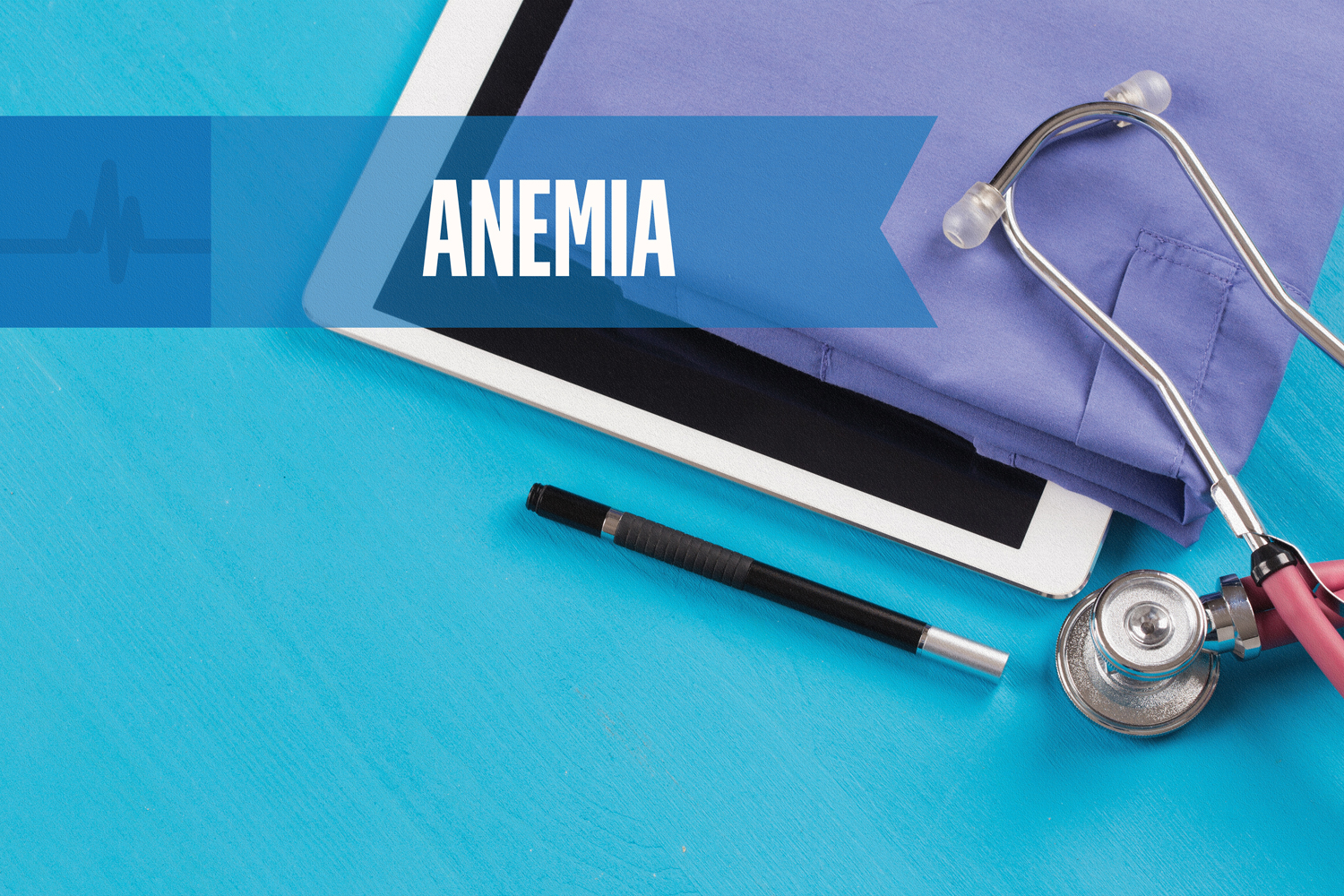What is anemia?

A person whose blood is low in red blood cells has anemia. Red blood cells carry oxygen (O2) to tissues and organs throughout your body and turn the food you eat into energy. Without oxygen, these tissues and organs particularly the heart and brain won’t function properly. For this reason, a person who has anemia may feel weak, tired and looks pale. Anemia can also cause heart problems.
Anemia is very common in people with kidney disease. Healthy kidneys produce a hormone called erythropoietin, or EPO, which stimulates the bone marrow to produce the proper number of red blood cells needed to carry oxygen to vital organs. When you have kidney disease your bone marrow makes fewer red blood cells. Other common causes of anemia include blood loss from hemodialysis, and low levels of iron and folic acid. These nutrients from food help young red blood cells make hemoglobin, their main oxygen-carrying protein.
How is anemia treated in Kidney disease patients?
Erythropoietin (EPO)
If no other cause for anemia is found, anemia can be treated with an injection call epogen which is a synthetic form of EPO. Epogen is usually given one to three times per week depending on how severe you anemia is. In addition to the erythropoeitin, some people may need vitamin B12 and folic acid supplements. Patients on hemodialysis who can’t tolerate EPO shots may receive the hormone intravenously during treatment. You will be monitored closely by your doctor, dietician and your nurse to ensure that you blood count is at an acceptable level.
Iron
Sometimes you may need iron supplements in addition to the epogen to help raise your blood H&H to a satisfactory level. Some people are able to take an iron pill but iron given intravenously works best. Iron can be injected into an arm vein or into the tube that returns blood to the body during hemodialysis.
Know your numbers:
HGB and HCT: 9-11
Ferritin: 100-800
Transferrin (TSAT): 20-50
Your doctor will give you specific recommendation for your specific condition.
